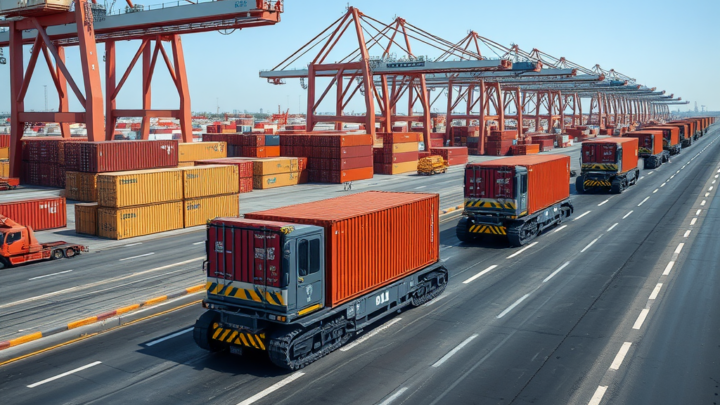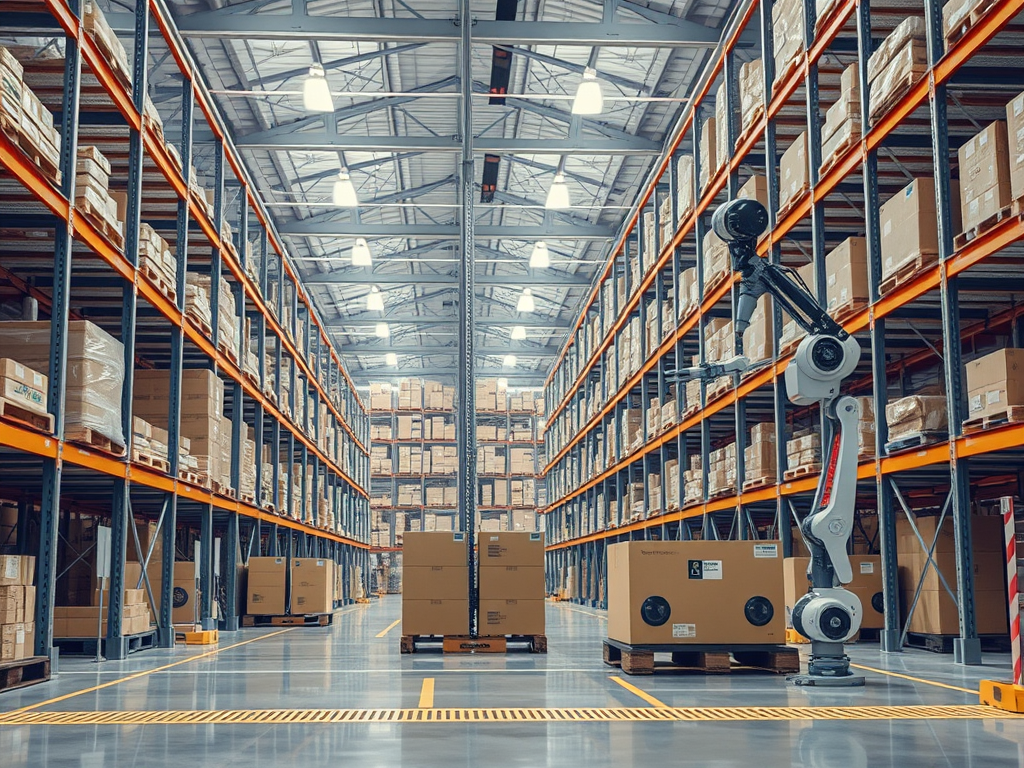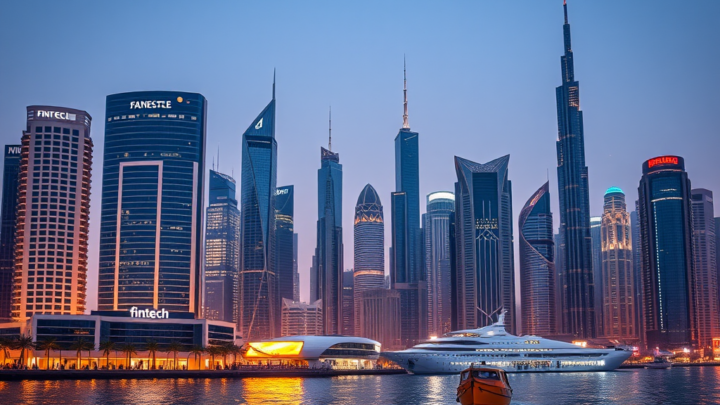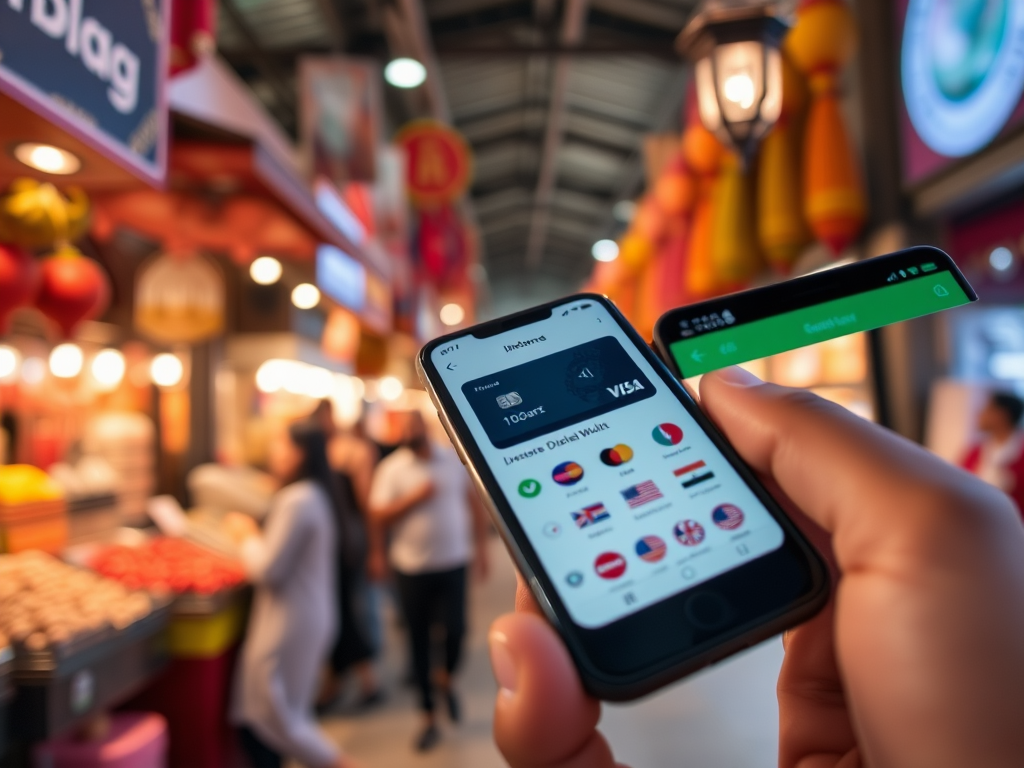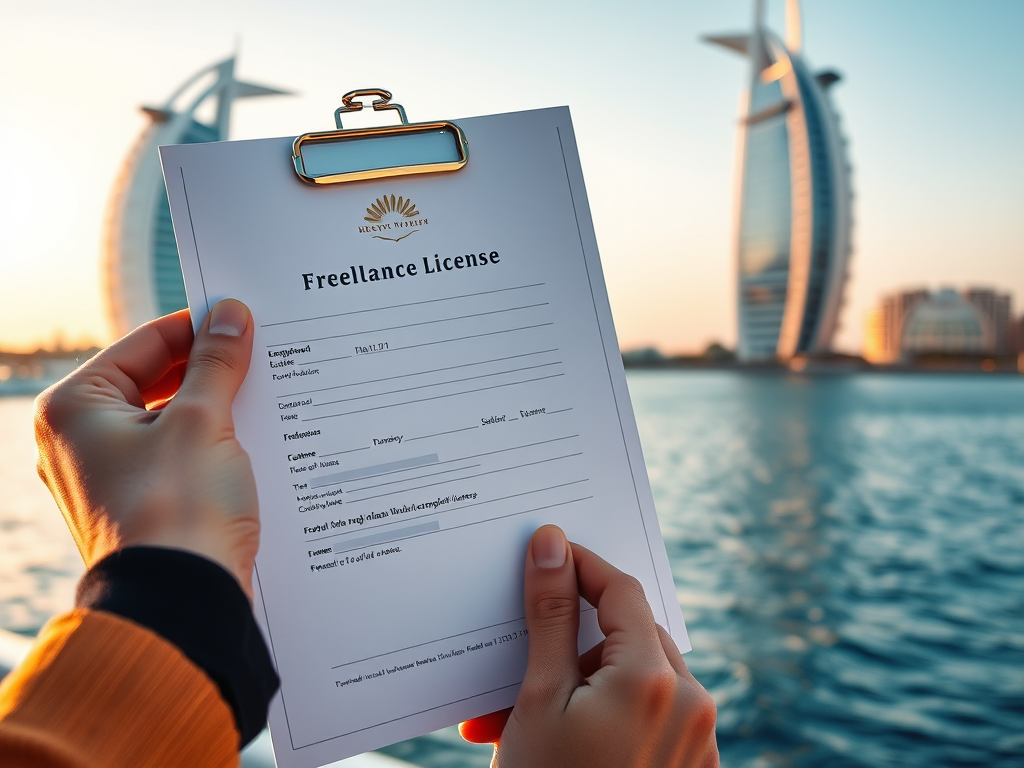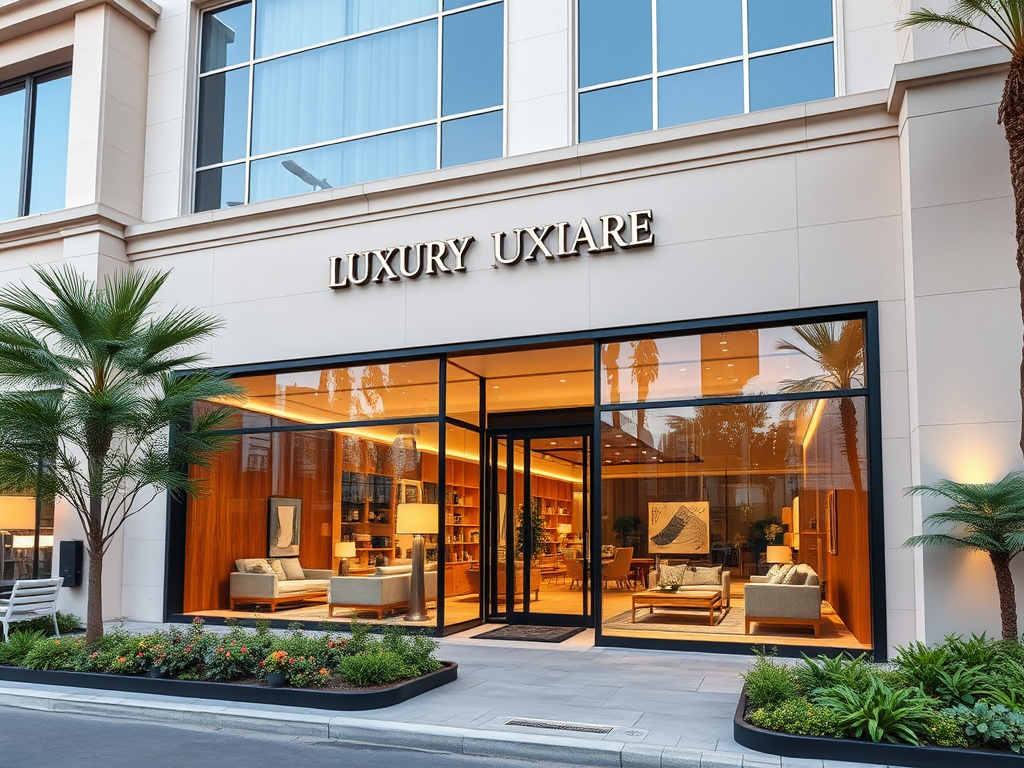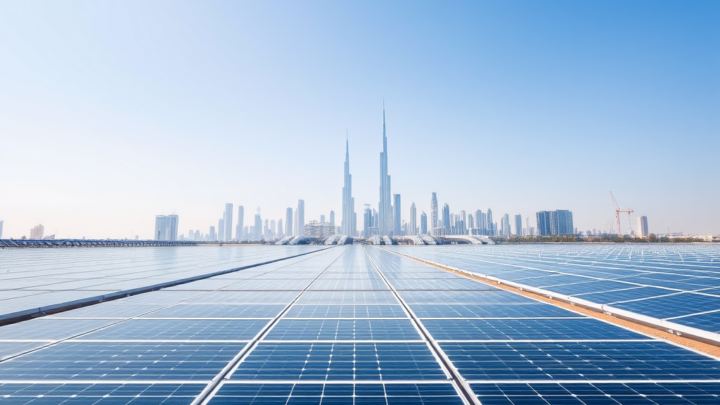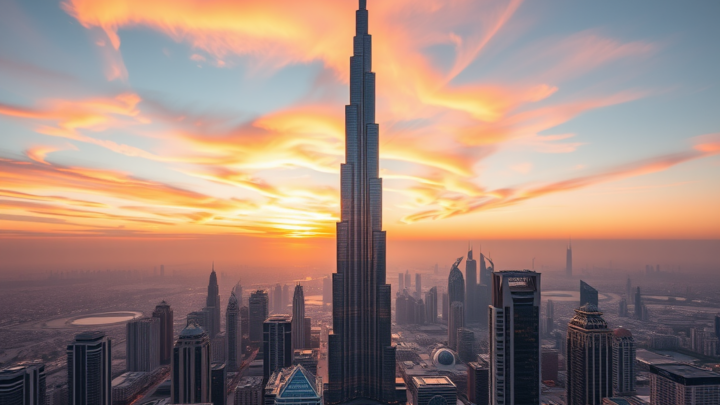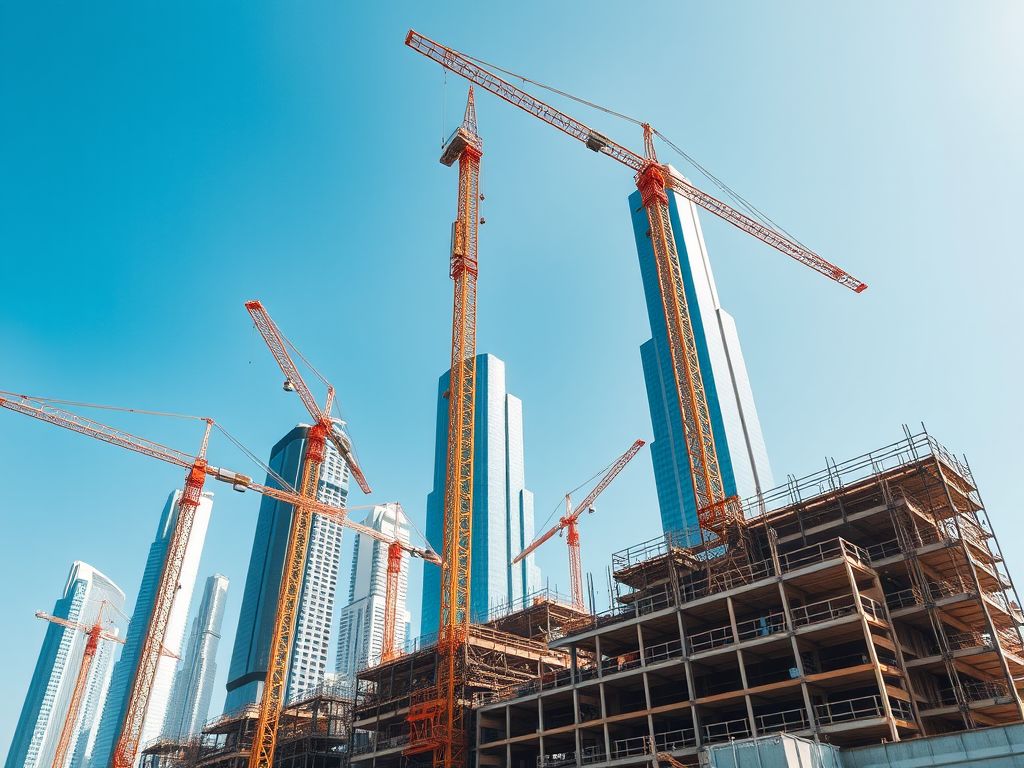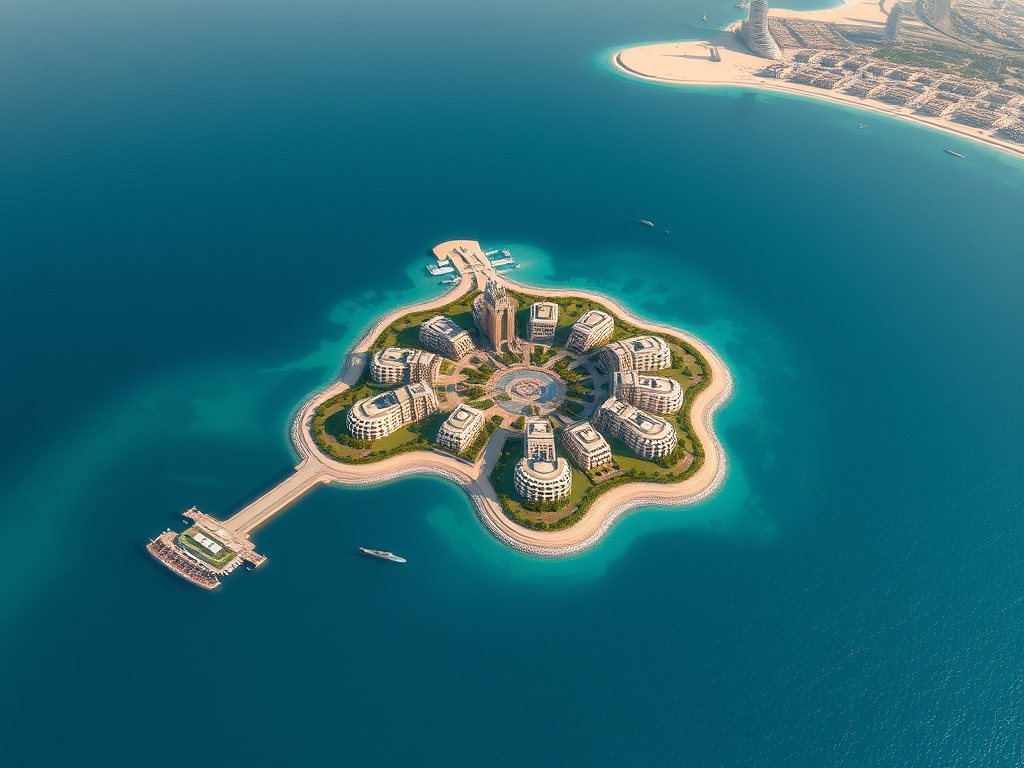Dubai’s telecommunications sector stands as a beacon of innovation and growth within the region. With a robust infrastructure and a government keen on adopting advanced technologies, this sector offers a plethora of investment opportunities. Investors can capitalize on the increasing demand for enhanced connectivity and digital services throughout the UAE and beyond. This article delves into the driving forces behind this growth, explores key investment avenues, and outlines the challenges and rewards of entering this dynamic market.
Key Growth Drivers in the Telecommunications Sector

The telecommunications sector in Dubai is propelled by several key factors that position it for sustained growth. First and foremost, the UAE government’s commitment to transforming the country into a global technology hub contributes significantly to this sector’s success. This initiative not only fosters innovation but also attracts foreign investment and partnerships. Secondly, the rising population and a surge in digital consumption are creating an insatiable demand for efficient telecommunications services.
Furthermore, government strategies such as the UAE Vision 2021 emphasize the development of smart infrastructure, which further enhances telecommunication opportunities. The expansion of 5G networks is another major driver, offering faster, more reliable services, which are essential for IoT, smart city applications, and more. The ever-growing trend of remote working, amplified by the recent global pandemic, has further boosted the demand for stable and efficient telecommunications.
Investment Avenues in Dubai’s Telecommunications Market

Investors seeking opportunities in this promising sector can explore varied avenues that yield significant returns. Here are some of the most notable options:
- Infrastructure Development: Investing in the physical infrastructure for telecommunication networks, including fiber optics and 5G towers, remains a crucial avenue. The government’s push for smart cities creates a high demand for advanced infrastructure.
- Mobile Virtual Network Operators (MVNOs): The licensing of MVNOs in Dubai opens doors for new players to enter the market without needing to invest heavily in physical network infrastructure.
- Digital Services & Applications: Developing applications and services that leverage telecommunication capabilities, such as cloud-based solutions and cybersecurity services, presents lucrative opportunities.
- Research & Development: Investing in R&D focused on innovative telecommunication technologies, including AI and machine learning for network optimization, can provide a competitive edge.
- Partnerships with Local Regulators: Engaging with local telecom authorities can lead to mutually beneficial projects that enhance service delivery while providing an investment platform for growth.
Challenges in the Telecommunications Sector
While the prospects in Dubai’s telecommunications sector are bright, potential investors should be aware of several challenges that may arise. One challenge includes navigating the regulatory landscape, which can be complex and may require extensive research and compliance efforts. Additionally, competition within the sector is fierce, with numerous companies vying for market share, making it crucial to carve out a unique position.
Another challenge lies in the rapid pace of technology change—keeping up with technological advancements requires ongoing investment and adaptation. Security concerns also pose significant risks; as telecommunications evolve, cyber threats become more prevalent, necessitating robust cybersecurity measures. Lastly, understanding the evolving consumer preferences, especially in a culturally rich city like Dubai, is vital for tailoring services to meet diverse needs.
Future Trends in Telecommunications
The future of Dubai’s telecommunications sector is poised for transformational changes driven by emerging technologies and consumer demands. One major trend is the migration towards 5G technology, which not only offers enhanced speed and reliability but also enables new applications such as augmented reality and extensive IoT networks. Additionally, the integration of artificial intelligence in network management will enhance efficiency and user experience.
Another future trend is the increased focus on sustainability. Green telecommunications technology, including renewable energy solutions for network infrastructure, aligns with the global drive towards environmental responsibility. Moreover, the rise of edge computing—a technology shift that processes data closer to the source rather than relying solely on centralized cloud systems—will further optimize network performance and efficiency.
Conclusion
Dubai’s telecommunications sector presents a wealth of investment opportunities characterized by significant growth potential and technological innovation. While there are challenges to navigate, the sector’s dynamic nature offers avenues for investors willing to adapt and strategize effectively. With continued government support, an expanding market, and the integration of new technologies, the future for telecommunications in Dubai appears bright, making it a prime location for strategic investments.
Frequently Asked Questions
1. What type of companies dominate Dubai’s telecommunications sector?
The sector is predominantly led by major telecommunication providers like Etisalat and Du, alongside emerging MVNOs and startups focusing on digital services.
2. What are the primary benefits of investing in this sector?
Benefits include high growth potential, government support, and a booming digital economy that increasingly relies on robust telecommunication services.
3. How can foreign investors enter the telecommunications market in Dubai?
Foreign investors can enter the market through joint ventures with local companies, applying for licenses as MVNOs, or by investing in infrastructure projects.
4. What should investors do to mitigate risks?
Investors should conduct thorough market research, stay updated on regulatory changes, and consider partnerships to navigate local complexities effectively.
5. How is the transition to 5G impacting investments?
The transition to 5G creates opportunities for investment in infrastructure, innovative applications, and services that leverage the increased speed and connectivity offered by this technology.

